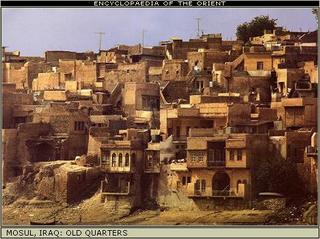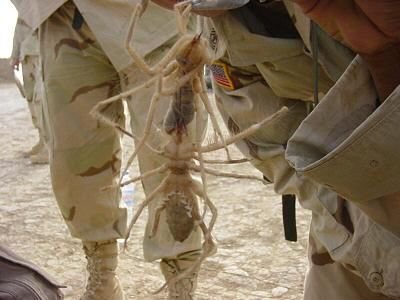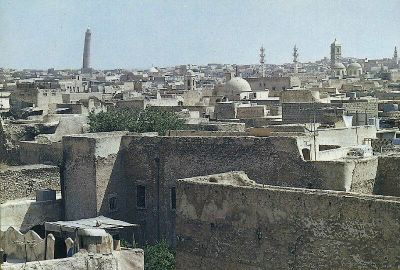There are increasing incidents of explosion every where in Iraq. We usually heard that it was a suicide bomb by a terrorist aiming to kill innocent Iraqis!!!
At the start we used to believe that story. But when think about it logically, we find it unbelievable. Why a person who have a goal to kick the occupiers out of his own country, did hurt his own citizens leaving the occupiers safe.
One of the
Iraqi bloggers write some thing worth reading:
"One of the larger blasts was in an area called Ma'moun, which is a middle class area located in west Baghdad. It’s a relatively calm residential area with shops that provide the basics and a bit more. It happened in the morning, as the shops were opening up for their daily business and it occurred right in front of a butchers shop. Immediately after, we heard that a man living in a house in front of the blast site was hauled off by the Americans because it was said that after the bomb went off, he sniped an Iraqi National Guardsman.
I didn’t think much about the story- nothing about it stood out: an explosion and a sniper- hardly an anomaly. The interesting news started circulating a couple of days later. People from the area claim that the man was taken away not because he shot anyone, but because he knew too much about the bomb. Rumor has it that he saw an American patrol passing through the area and pausing at the bomb site minutes before the explosion. Soon after they drove away, the bomb went off and chaos ensued. He ran out of his house screaming to the neighbors and bystanders that the Americans had either planted the bomb or seen the bomb and done nothing about it. He was promptly taken away.
The bombs are mysterious. Some of them explode in the midst of National Guard and near American troops or Iraqi Police and others explode near mosques, churches, and shops or in the middle of sougs. One thing that surprises us about the news reports of these bombs is that they are inevitably linked to suicide bombers. The reality is that some of these bombs are not suicide bombs- they are car bombs that are either being remotely detonated or maybe time bombs. All we know is that the techniques differ and apparently so do the intentions. Some will tell you they are resistance. Some say Chalabi and his thugs are responsible for a number of them. Others blame Iran and the SCIRI militia Badir.
In any case, they are terrifying. If you're close enough, the first sound is a that of an earsplitting blast and the sounds that follow are of a rain of glass, shrapnel and other sharp things. Then the wails begin- the shrill mechanical wails of an occasional ambulance combined with the wail of car alarms from neighboring vehicles… and finally the wail of people trying to sort out their dead and dying from the debris."
This with similar accidents of explosions in areas where it is almost impossible for the resistance to reach and plant their roadside bombs, make one believe in the assumption that there are other hands which did those terrorism for other purposes than to resist the occupation.


